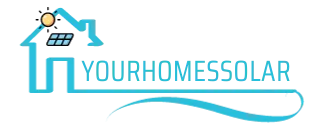Discover the Advantages of Solar Energy for Your Home
Switch to clean, renewable energy with our top-rated solar panel installation services. Reduce your electricity bills, increase your home's value, and contribute to a sustainable future. Our trusted solar experts design and install customized solar solutions that fit your home perfectly, ensuring maximum energy efficiency and long-term savings. Embrace the power of the sun and enjoy hassle-free solar energy with innovative technology, zero-maintenance systems, and top-tier warranties. Whether you're looking to offset energy costs or go fully off-grid, we connect you with trusted solar professionals to make your transition seamless.
Reliable Installation & Lasting Performance
Boost Home Value & Sustainability
Lower Energy Bills & Efficiency
